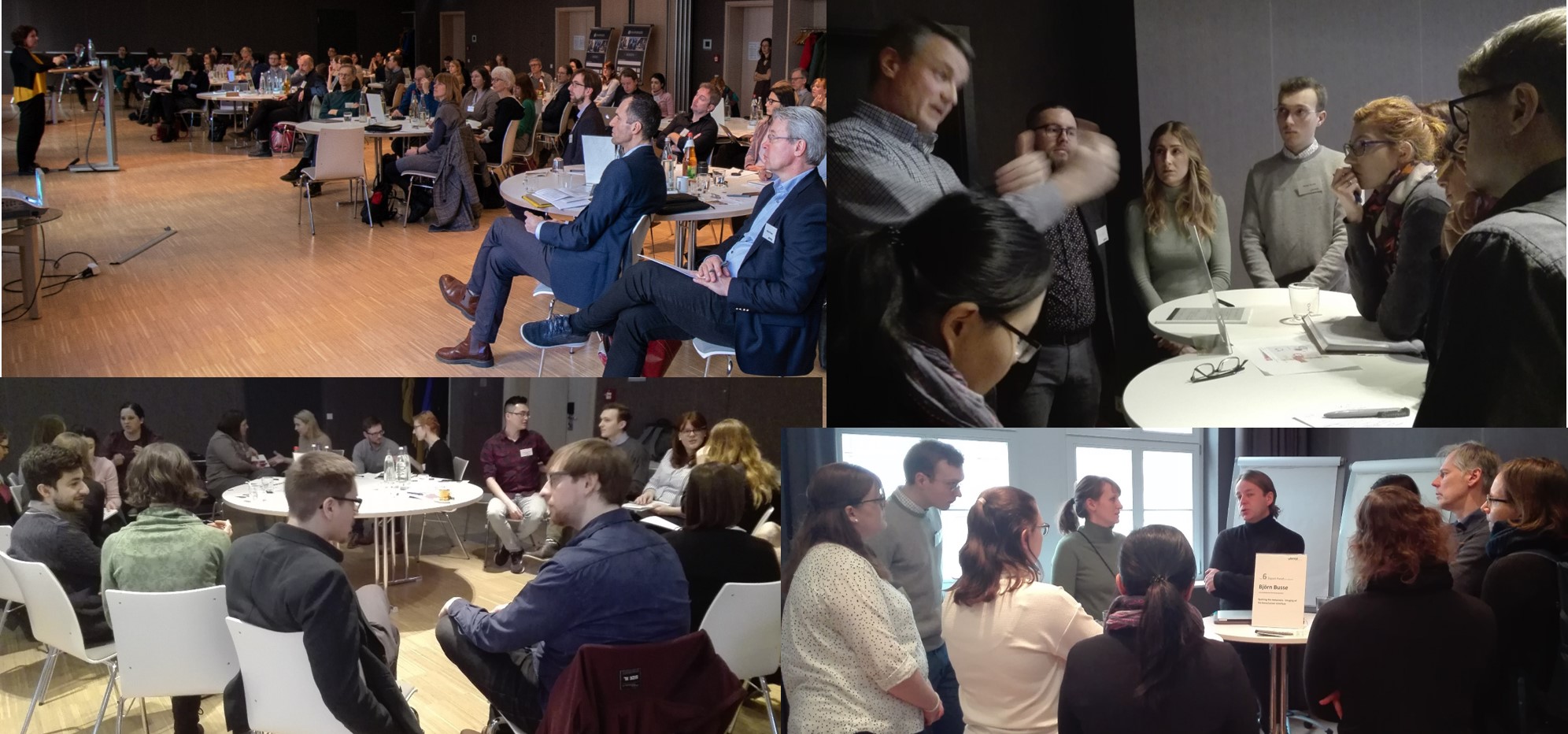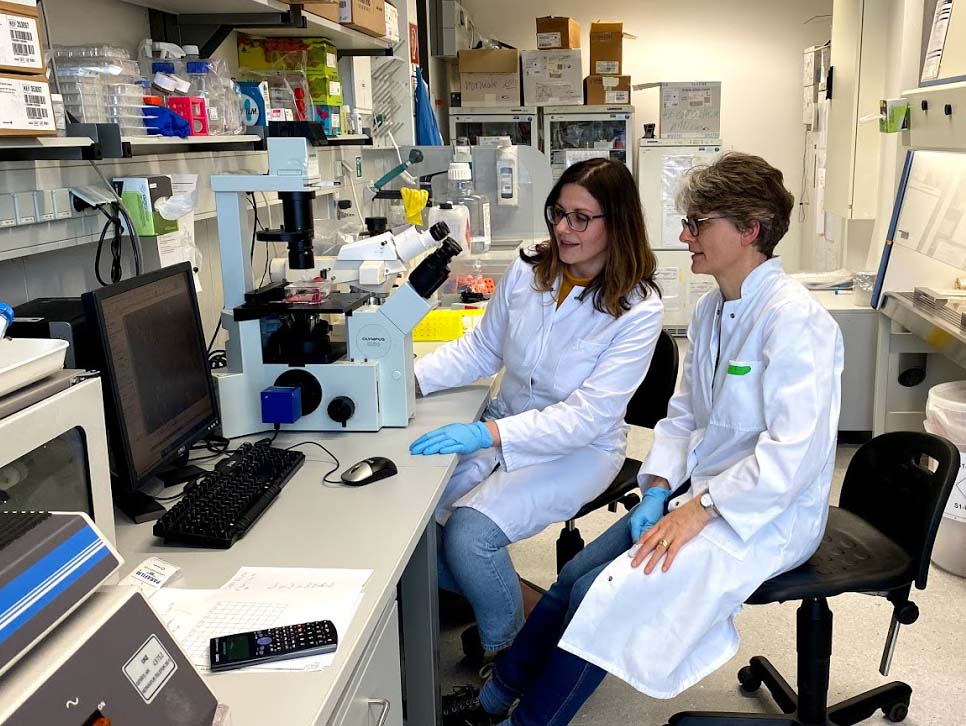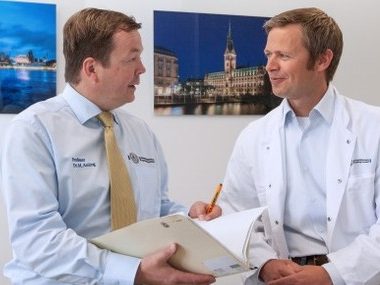Over 70 scientists from Germany’s top institutions in bone and cancer research attended the second µBone conference in Dresden on February 26-28, 2020. An interactive program of lectures, discussion rounds and workshops fostered discussion and exchange of ideas. The highlight of the program was the keynote lecture by Nadia Rucci of L’Aquila University, Italy.
In his introduction, Lorenz Hofbauer, speaker of the DFG-funded Priority Program µBONE, illustrated how modern cancer and bone research can be improved through interdisciplinarity, active collaboration and application of state-of-the-art technologies. More than 100 scientists, physicians, junior scientists and technical assistants with 23 subprojects at 15 renowned national institutions spread across 10 cities are working on the joint task of developing individual novel concepts underlying the treatment of bone metastases.
Nadia Rucci, an internationally renowned bone tumor expert from Italy, highlighted the role for osteoblast- and tumour cell-derived extracellular vesicles in the dysregulation of bone and endothelial cell physiology, fuelling the vicious cycle induced by bone tumors via EV cargoes.
A pioneer of liquid biopsy, Klaus Pantel, director of the Institute of Tumor Biology at UKE Hamburg discussed the future prospects of this technology and its clinical potential.. “Even a simple blood sampling could provide information on whether a cancer therapy shows efficacy or when the treatment should better be changed”. Pantel and his team develop a promising diagnostic and therapeutic procedure by identifying blood-borne circulating tumor cells (CTC) and genomic fragments (ctDNA) and evaluating their use as specific biomarkers.
Finally, Sonja Loges, Heisenberg group leader at UKE Hamburg critically reviewed: “Personalized oncology – hype or reality?”. She outlined what personalized oncology could for the patient, the physicians, and for society.
Several small discussion rounds and expert panels invited to debate, exchange ideas, brainstorm and troubleshoot. Hofbauer concluded the conference by pointing out that such collaborative networks as µBONE warrant to address current challenges and advance the development of better therapies to treat cancer patients. “Thanks for this great conference!”




